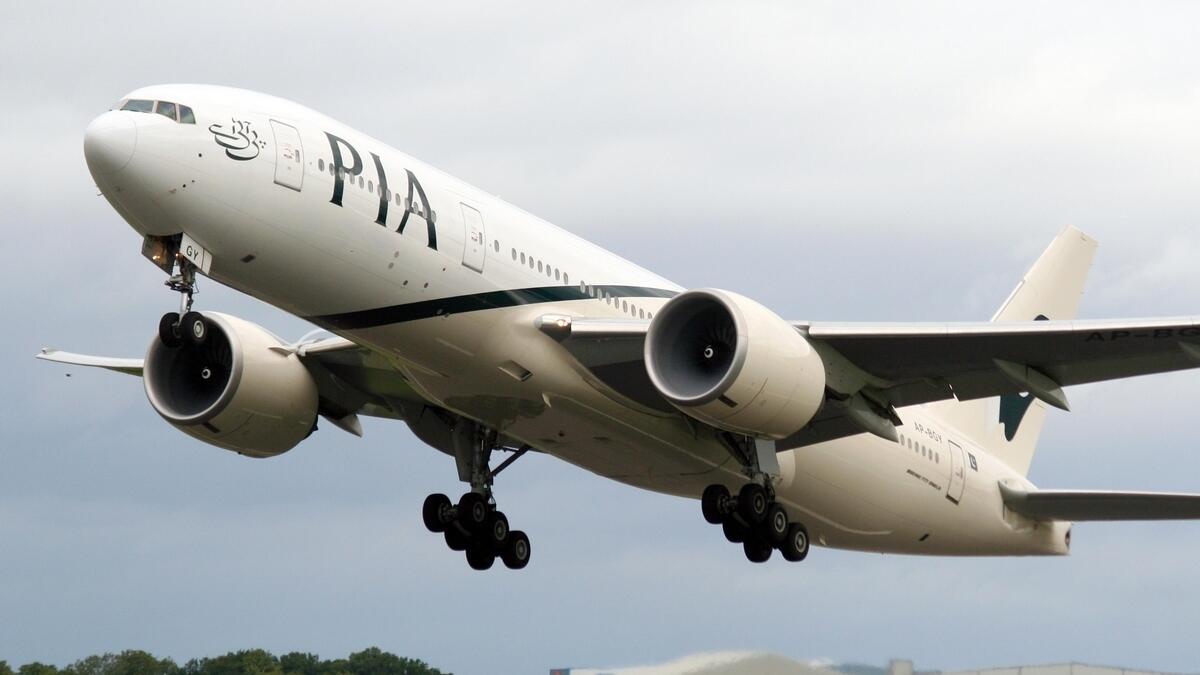The bidding process for Pakistan International Airlines (PIA) has been delayed until October 31, according to two government officials from the ministry of privatisation. Initially, a parliamentary committee had been informed that the auction for PIA would take place on Tuesday, but it has now been postponed at the request of the bidders to allow more time for preparation. The officials, who spoke anonymously, stated that an official announcement about the delay will be made soon.
Six parties have been pre-qualified for the bidding, including Fly Jinnah, Airblue Ltd, and various consortiums led by companies such as Pak Ethanol (Pvt) Ltd, YB Holdings (Pvt) Ltd, and Arif Habib Corporation Ltd. The government plans to sell between 51-100% of PIA, which has been experiencing financial losses, as part of reforms recommended by the International Monetary Fund. However, a spokesman for the privatisation ministry did not respond to requests for comments on the matter.
The decision to delay the bidding for PIA underscores the significance of the stake sale in the government’s efforts to reform the national airline. The postponement allows bidders more time to prepare for the auction, which could potentially attract a wide range of interested parties. The participating companies, including both local and foreign entities, have been pre-qualified based on their ability to meet the requirements set forth by the government.
The privatisation of PIA is a crucial step towards improving the airline’s financial health and operational efficiency. By allowing private investors to take over a stake in the airline, the government aims to inject new capital and expertise into the company. The bidding process will determine the future ownership structure of PIA and will have a significant impact on the airline’s prospects for recovery and growth in the coming years.
The delay in the bidding process may raise questions about the overall timeline for the privatisation of PIA and the government’s commitment to implementing reforms in a timely manner. It is important for all stakeholders, including the bidders and the government, to work together transparently and efficiently to ensure a successful outcome for the privatisation process. The government’s decision to sell a majority stake in PIA reflects the broader trend of privatisation and restructuring in the country’s economy.
As the bidding process for PIA moves forward, it will be essential for the government to maintain open communication with all parties involved and to ensure a fair and transparent auction process. The successful privatisation of PIA could serve as a model for future reforms in other state-owned enterprises, leading to increased efficiency and competitiveness in the aviation sector. Overall, the privatisation of PIA represents a critical step towards achieving financial stability and sustainability for the national airline.











